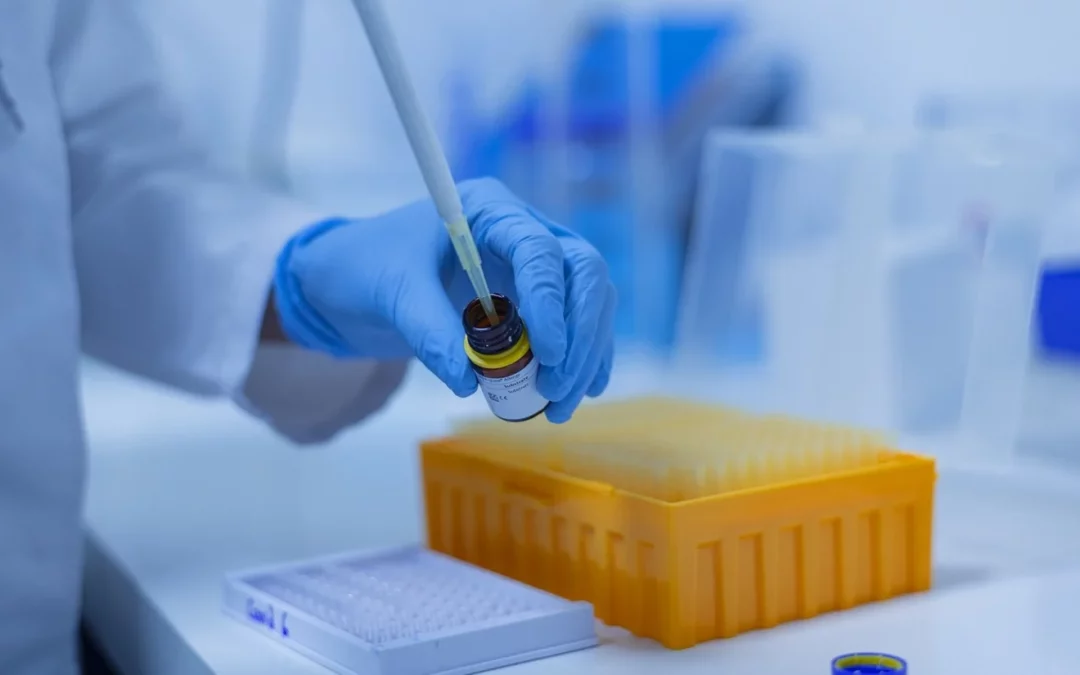The partnership will use Absci’s integrated drug creation platform and the Kennedy Institute’s clinical immunology datasets.
Absci has collaborated with the University of Oxford’s Kennedy Institute of Rheumatology to expedite the development of AI-driven immunotherapies.
The collaboration will use the integrated drug creation platform of Absci and the clinical immunology datasets from the Kennedy Institute to identify antibodies to immune-mediated inflammatory diseases and autoimmune conditions with unprecedented speed.
Absci will utilise the generative AI models with genomics datasets from the Kennedy Institute to identify new antibodies from patients with immune responses to inflammatory bowel disease (IBD), ulcerative colitis and Crohn’s disease.
The company will then reassemble the antigen-antibody pairs, using its reverse immunology approach, as starting points for the development of drugs.
Absci founder and CEO Sean McClain stated: “The Kennedy Institute’s vast, high-quality biorepository data expand Absci’s strategic research and development portfolio and aim to unlock major advances for a range of immune-mediated conditions that millions suffer from.
“Together with our established data partnerships with St. John’s Cancer Institute and Aster Insights, this partnership gives Absci a robust data pipeline that enables our AI platform across a wide range of therapeutic areas as we build our internal therapeutic pipeline.”
The company’s integrated drug creation platform combines data, AI and wet-lab capabilities for screening several cells per week.
This allows the platform to move from AI-designed antibodies to lab-validated candidates in as little as six weeks.
The Kennedy Institute clinical research director Christopher Buckley stated: “Absci’s reverse immunology approach promises to turn clinical data into pharmaceutical drugs.
“We are excited about the potential for generative AI to accelerate the discovery of promising drug candidates and better understand their potential efficacy and safety profiles.
“This partnership will help accelerate our findings in the clinic into new immunotherapies for patients.”
